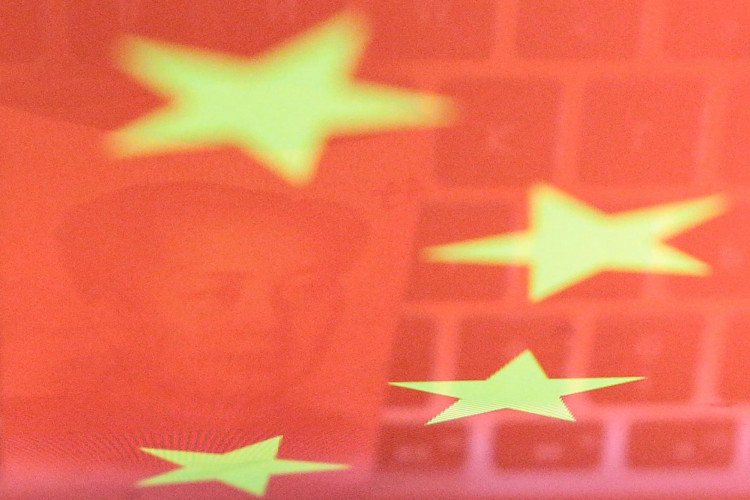China has illustrated its vision to advance its virtual currency program, now setting the stage for extensive trials in major locations in the capital and bustling financial hub, Hong Kong.
China's Ministry of Commerce on Friday announced that an electronic yuan test-run will be conducted in some of the country's most developed areas. A specific date for the trial is yet to be set and the policy blueprint of the virtual renminbi is estimated to be finalized by the end of 2020. commerce officials said.
The People's Bank of China unveiled an initiative for the Digital Currency Electronic Payment in four cities early this year. They are in Suzhou, Shenzhen, Chengdu, and the Xiong'an New Area. Very recently, the government's ride-hailing giant startup Didi teamed up with PBOC's Digital Currency Research Institute to conduct studies for the virtual yuan.
Commerce officials said that a number of developing regions in the country may also participate in the trial if they can meet certain standards. Finance officials also that the application of new payments technology, like cryptocurrency and artificial intelligence, is intended to lift the country's financial markets and empower "higher value industries," the Wall Street Journal said.
The electronic cash tests are part of a large-scale program that Chinese regulators have introduced on Friday to bolster innovation and the further expansion of the country's service industry. China disclosed a robust growth in its factory output last month, although revenues from the retail sector was sluggish.
The central bank has been examining and developing the digital yuan as early as 2014. During Friday's announcement, the Commerce officials stated the government's latest financial measures are seen to boost the country's economy in the wake of an ongoing global health crisis.
China's virtual yuan is a program that some sectors view as a threat to digital currencies like Bitcoin (BTC) and even potentially someday to the global influence of the U.S. currency.
Meanwhile, Bloomberg revealed that Tencent Holdings-backed food delivery group Meituan Dianping was planning to test the digital yuan on its platforms as a new mode of payment.
The Chinese version of an unrestricted virtual yuan is seen to change the way regulatory authorities examine the country's financial infrastructure as regulators will have more access and authority to monitor how the currency is being used by its people. The DCEP is also expected to help authorities combat criminality and aid the PBOC in managing the circulation of the digital cash.





